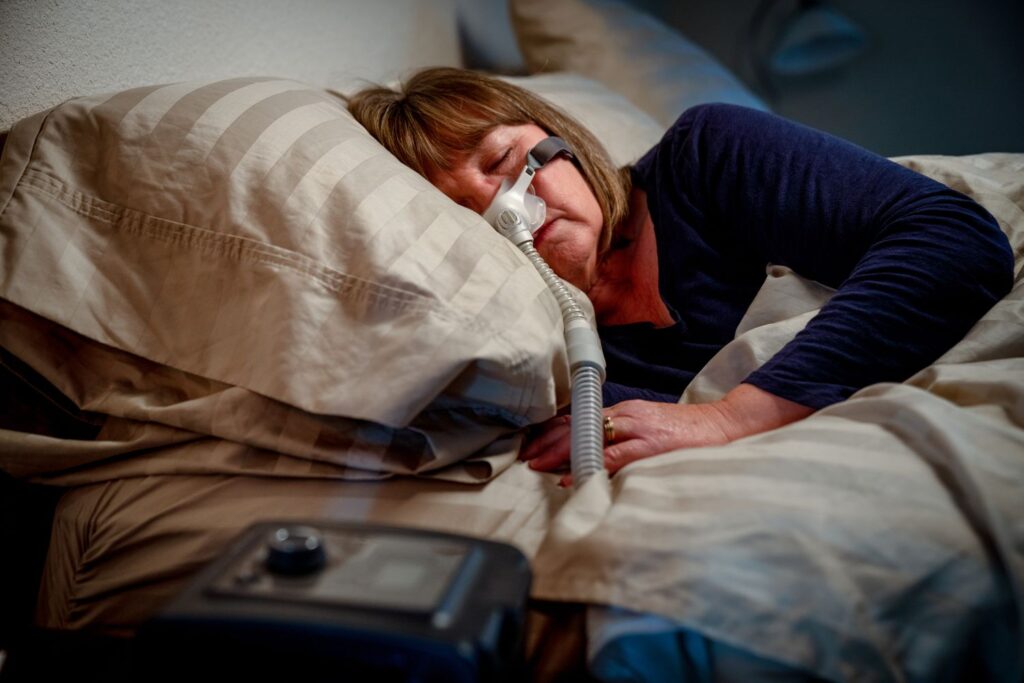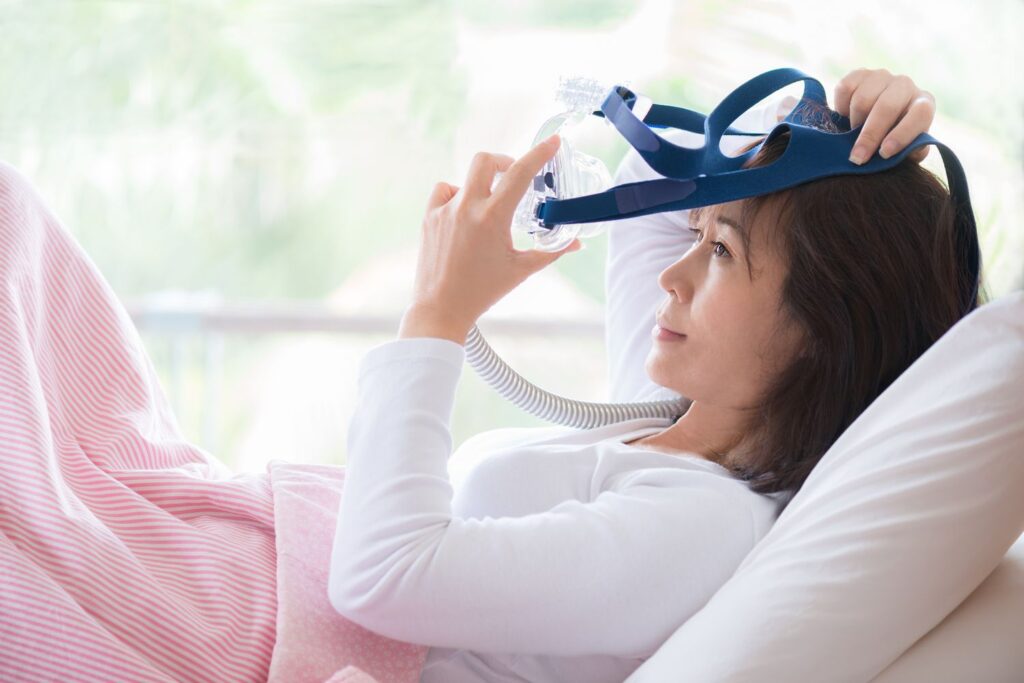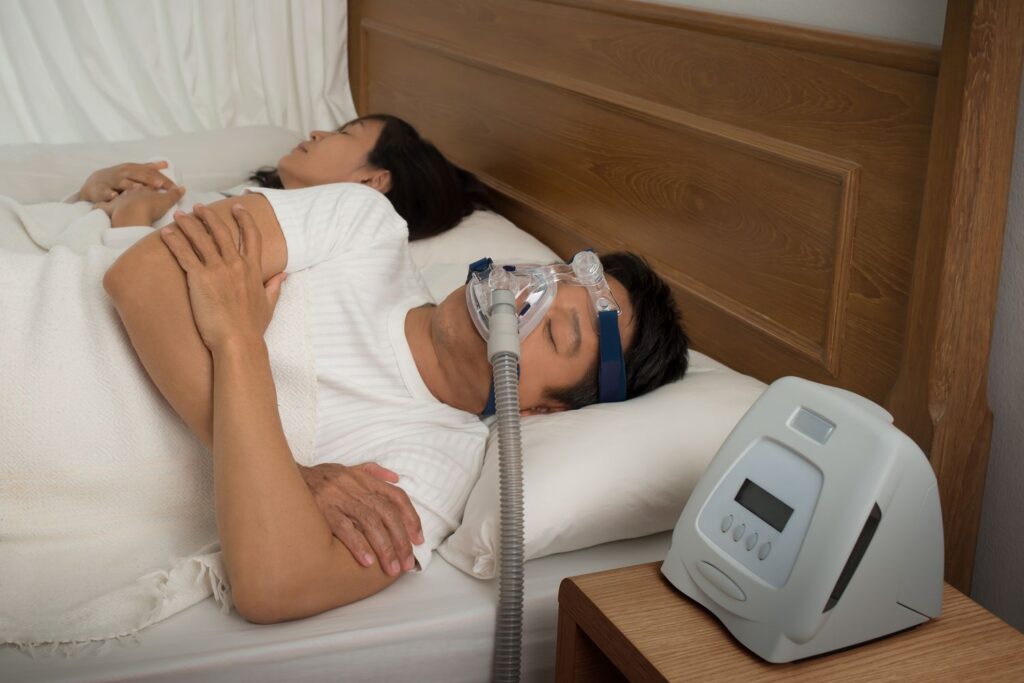Sleep studies are an essential tool in diagnosing and understanding sleep disorders. By monitoring your sleep patterns and behaviors, sleep studies provide valuable insights into your overall health and well-being. In this article, we will explore the importance of sleep studies, the process involved, how to interpret the results, and the impact they have on treatment options.
The Importance of Sleep Studies
Sleep plays a vital role in our overall health and quality of life. It is a time when our bodies rest, repair, and recharge. However, for many individuals, sleep can be disrupted by various factors, leading to sleep disorders. Sleep studies help unravel the mysteries of these disorders, providing a clearer understanding of their underlying causes. By identifying and diagnosing sleep disorders, healthcare professionals can develop appropriate treatment plans tailored to each individual’s needs.
Once the sleep study is complete, a sleep specialist will analyze and interpret the data collected. It is important to have a clear understanding of the terminology used in sleep study results to make sense of the results.
The Role of Sleep in Overall Health
Sleep is not just a period of inactivity; it is an active process that contributes to our physical and mental well-being. During sleep, our bodies perform crucial functions such as tissue repair, hormone regulation, and memory consolidation. Insufficient or poor-quality sleep can impact our immune system, cognitive function, mood, and even increase the risk of developing chronic conditions like heart disease and diabetes.
Furthermore, sleep is essential for maintaining a healthy weight. Lack of sleep can disrupt the balance of hunger hormones, leading to increased appetite and cravings for high-calorie foods. This can contribute to weight gain and obesity, which are risk factors for various health issues such as cardiovascular disease and type 2 diabetes.
Why Doctors Recommend Sleep Studies
Doctors often recommend sleep studies to patients who experience persistent sleep problems or exhibit symptoms of sleep disorders such as excessive daytime sleepiness, snoring, or pauses in breathing during sleep. Sleep studies provide objective data that allow healthcare professionals to evaluate a person’s sleep architecture, assess the severity of sleep disorders, and determine the most appropriate treatment options.
In addition to diagnosing common sleep disorders like sleep apnea and insomnia, sleep studies can also uncover less common conditions such as narcolepsy or parasomnias. These studies help healthcare providers tailor treatment plans to address the specific needs of each patient, improving their overall quality of life and well-being.

The Process of a Sleep Study
Before undergoing a sleep study, it is important to be prepared both mentally and physically.
Understanding the intricacies of a sleep study can help alleviate any anxiety or uncertainty you may have about the process. The study aims to gather valuable information about your sleep patterns and behaviors to aid in diagnosing potential sleep disorders or issues affecting your quality of sleep.
Preparing for Your Sleep Study
Prior to your sleep study, your healthcare provider will provide you with instructions on how to prepare. This may include avoiding caffeine, nicotine, and alcohol, ensuring you have clean hair and no makeup, and preparing any necessary paperwork or documentation. Having a calm and relaxed mindset will also contribute to a more accurate representation of your typical sleep patterns.
It is essential to follow the pre-study guidelines provided by your healthcare provider to ensure the success and accuracy of the sleep study. By adhering to these instructions, you are helping the medical team obtain the most precise data regarding your sleep habits and potential issues.
What Happens During the Study
During a sleep study, you will spend a night in a sleep center or a dedicated room equipped with monitoring equipment. Electrodes will be attached to various parts of your body to monitor brain activity, eye movements, muscle tension, heart rate, and breathing patterns. Throughout the night, these measurements will be recorded to provide a comprehensive evaluation of your sleep stages, cycles, and any potential disturbances.
The data collected during the sleep study is meticulously analyzed by sleep specialists to identify any irregularities or abnormalities in your sleep patterns. This analysis plays a crucial role in determining the presence of sleep disorders such as sleep apnea, insomnia, narcolepsy, or restless legs syndrome. By undergoing a sleep study, you are taking a proactive step towards improving your sleep quality and overall health. Find more about abnormalities on https://onlinedegrees.nku.edu/programs/undergraduate/arts-and-sciences/bachelor-of-arts-psychology/what-is-abnormal-psychology/
Decoding Sleep Study Results
Upon receiving the results of your sleep study, the sleep specialist will meticulously examine various parameters to gain a comprehensive understanding of your sleep patterns and potential issues. This detailed analysis involves looking beyond just the surface numbers to uncover nuances that could significantly impact your sleep quality and overall health.
Common Terms in Sleep Study Reports
Sleep study reports often include terms like Apnea-Hypopnea Index (AHI), Respiratory Disturbance Index (RDI), and sleep efficiency. These metrics help quantify the severity and frequency of breathing disturbances, evaluate sleep quality, and assess the effectiveness of treatment interventions.
The Apnea-Hypopnea Index (AHI) specifically measures the number of apneas (complete pauses in breathing) and hypopneas (partial obstructions) per hour of sleep. This index is crucial in diagnosing sleep disorders such as sleep apnea and determining the appropriate course of treatment to improve breathing patterns during sleep.
Understanding Sleep Stages and Cycles
Our sleep consists of different stages and cycles, each playing a unique role in the restorative process. Sleep stages range from light sleep (Stage 1) to deep sleep (Stage 3 and 4), and Rapid Eye Movement (REM) sleep. Analyzing these stages can provide insights into the quality of your sleep and identify any abnormalities or interruptions.
Furthermore, delving into the intricacies of sleep cycles reveals the cyclical nature of our sleep architecture. The transition between different stages is orchestrated with precision, ensuring that essential processes like memory consolidation, hormone regulation, and tissue repair occur optimally. By examining the duration and distribution of these cycles, specialists can pinpoint potential disruptions that may be affecting your overall sleep efficiency and quality of rest.
Sleep Disorders Identified Through Sleep Studies
Sleep studies play a crucial role in identifying and diagnosing various sleep disorders that can significantly impact an individual’s overall health and well-being. By monitoring a person’s sleep patterns, these studies can provide valuable insights into conditions such as sleep apnea and insomnia, allowing healthcare professionals to tailor appropriate treatment plans.
Moreover, sleep studies are not limited to just identifying sleep disorders; they can also help uncover lesser-known conditions such as restless leg syndrome or narcolepsy. By observing and analyzing a person’s sleep behavior, specialists can detect subtle signs and symptoms that may indicate these less common disorders, ultimately leading to better management and improved quality of life for patients.
Sleep Apnea and Its Indicators
Sleep apnea, a prevalent sleep disorder, is characterized by repeated pauses in breathing during sleep, often leading to fragmented and poor-quality sleep. Through detailed sleep studies, healthcare providers can measure the frequency and duration of these breathing interruptions, as well as assess associated factors like oxygen levels and heart rate. This comprehensive evaluation aids in not only diagnosing sleep apnea but also determining the severity of the condition, guiding the selection of appropriate treatment options.
Insomnia and Its Triggers
Insomnia, another common sleep disorder, can manifest as difficulty falling asleep, staying asleep, or experiencing non-restorative sleep. Sleep studies delve into the potential triggers of insomnia, which can range from psychological factors like stress and anxiety to underlying medical issues such as chronic pain or hormonal imbalances. By uncovering these root causes, healthcare professionals can develop personalized interventions that address the specific needs of individuals struggling with insomnia, promoting better sleep hygiene and overall sleep quality.

How Sleep Study Results Impact Treatment
Understanding your sleep study results empowers healthcare professionals to tailor treatment plans specific to your needs.
Tailoring Treatment Based on Sleep Study Findings
By analyzing sleep study results, healthcare professionals can recommend appropriate treatment options. For example, individuals with sleep apnea may benefit from continuous positive airway pressure (CPAP) therapy, while those with insomnia may find relief through cognitive-behavioral therapy for insomnia (CBT-I), lifestyle modifications, or medications.
The Role of Lifestyle Changes in Sleep Improvement
In addition to medical interventions, sleep studies also highlight the importance of lifestyle modifications to improve sleep quality. These changes may include establishing a consistent sleep schedule, creating a sleep-friendly environment, practicing relaxation techniques, and managing stress levels. Click here to find more about stress.
Moreover, incorporating regular exercise into one’s routine can positively impact sleep patterns. Physical activity has been shown to promote better sleep by helping regulate the body’s internal clock, known as the circadian rhythm. Engaging in activities such as yoga or tai chi can also aid in relaxation and stress reduction, contributing to improved sleep quality.
Furthermore, dietary habits play a significant role in sleep health. Consuming foods rich in tryptophan, such as turkey, nuts, and seeds, can boost serotonin levels in the body, promoting feelings of relaxation and aiding in the production of melatonin, a hormone that regulates sleep-wake cycles.
Exploring Alternative Therapies for Sleep Disorders
Aside from traditional medical treatments, some individuals may benefit from exploring alternative therapies to improve their sleep. Practices like acupuncture, aromatherapy, and mindfulness meditation have shown promising results in enhancing sleep quality and reducing symptoms of certain sleep disorders.
In conclusion, sleep studies provide invaluable insights into our sleep patterns and help identify and diagnose sleep disorders. By understanding the process of a sleep study and decoding its results, individuals can gain a better understanding of their sleep health. Armed with this knowledge, healthcare professionals can develop personalized treatment plans that aim to improve overall sleep quality and, ultimately, enhance the quality of life.
Read about cost at: Cost Comparison of Sleep Apnea Testing Across Australia

